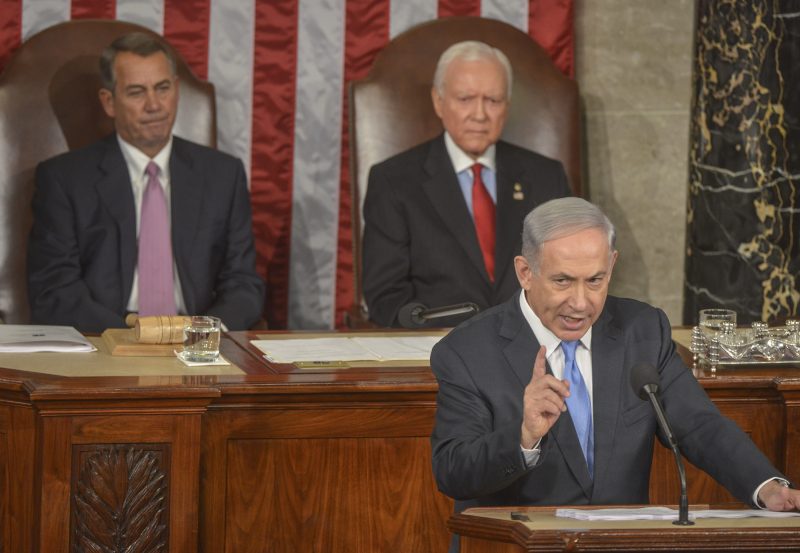In recent news, the split between former Israeli Prime Minister Benjamin Netanyahu and the Democrats, particularly President Biden, has come to the forefront as a significant and complex development in international relations. This rupture did not occur overnight but rather was years in the making, marked by various factors and events that ultimately led to a divergence in views and policies between the two parties.
One of the primary reasons behind the growing divide between Netanyahu and the Democrats can be attributed to their differing approaches towards key issues such as Israeli-Palestinian relations and the Iran nuclear deal. Netanyahu, known for his conservative stance and strong emphasis on Israel’s security, often clashed with the more progressive and diplomatic approach favored by the Democrats, including the Biden administration.
The Iran nuclear deal, in particular, served as a major point of contention between Netanyahu and the Democrats. Netanyahu vehemently opposed the deal, viewing it as a threat to Israel’s security and regional stability, while the Democrats, including President Biden, sought to revive and renegotiate the agreement as part of their broader foreign policy objectives. This fundamental disagreement further strained relations between Netanyahu and the Democrats, pushing them further apart on the geopolitical spectrum.
Moreover, Netanyahu’s close alignment with former President Donald Trump also contributed to the growing discord between him and the Democrats. Netanyahu’s unwavering support for Trump’s policies, including the controversial move of the U.S. embassy to Jerusalem and the recognition of Israeli sovereignty over the Golan Heights, placed him at odds with the Democrats who held contrasting views on these matters.
The strained relationship between Netanyahu and the Democrats culminated in his defeat in the recent Israeli elections, which marked a significant shift in Israeli politics. With a new government in place, led by Prime Minister Naftali Bennett, there is an opportunity for a recalibration of Israel’s relations with the Democrats and a potential reevaluation of their differences in order to find common ground and strengthen bilateral ties.
Overall, the split between Netanyahu and the Democrats, rooted in years of diverging perspectives and policies, highlights the complexities of international relations and the importance of navigating diplomatic challenges with tact and pragmatism. Moving forward, it remains to be seen how the newly formed Israeli government under Prime Minister Bennett will engage with the Democrats and seek to mend the rift that has developed over the years.


